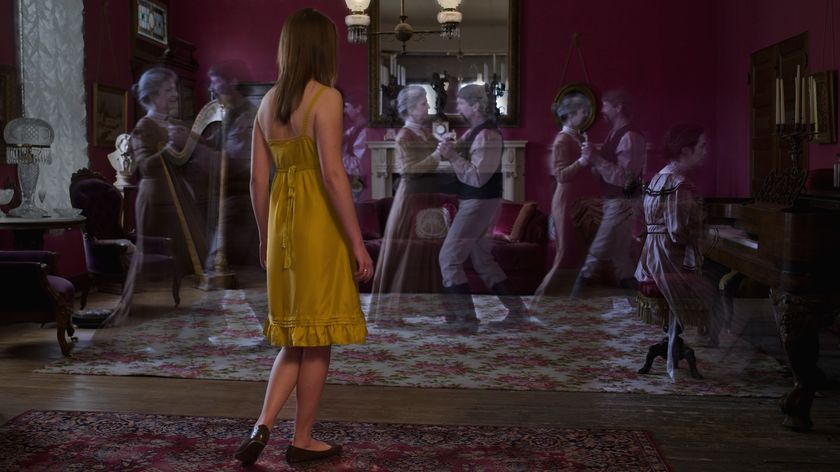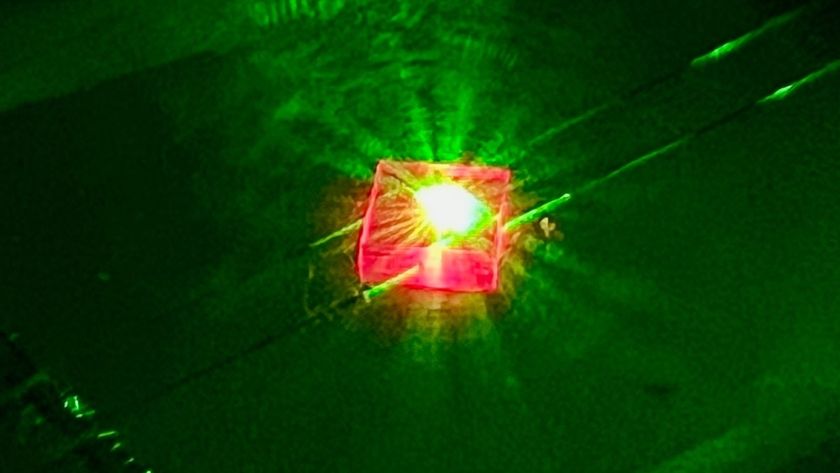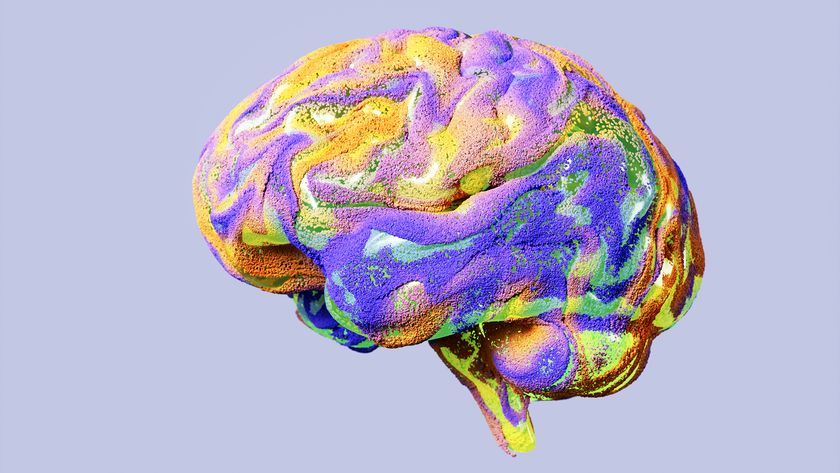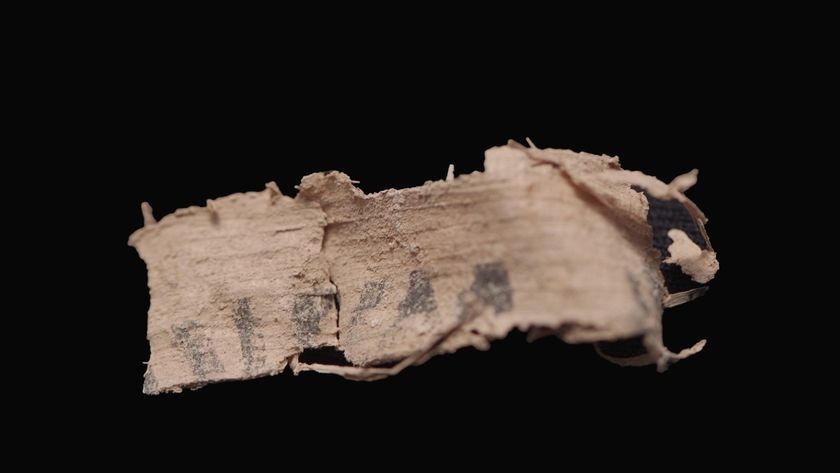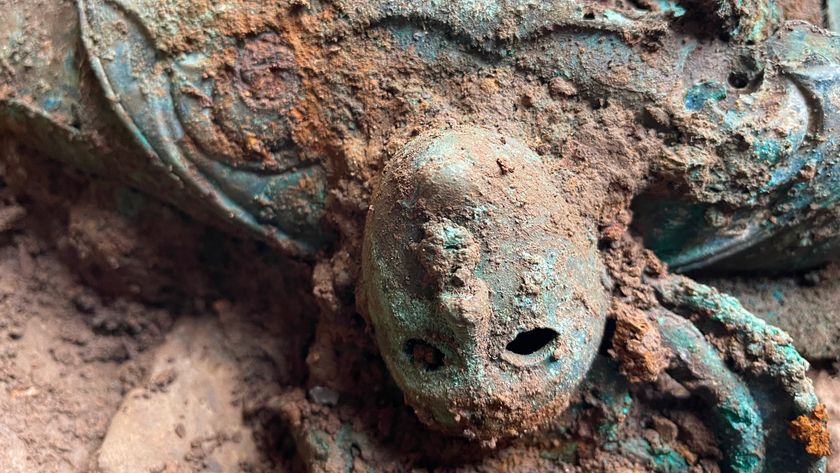Higher Education Fuels Stronger Belief in Ghosts

Believe it or not, higher education is linked to a greater tendency to believe in ghosts and other paranormal phenomena, according to a new study.
Contrary to researchers' expectations, a poll of 439 college students found seniors and grad students were more likely than freshmen to believe in haunted houses, psychics, telepathy, channeling and a host of other questionable ideas.
The results are detailed in the January-February issue of the Skeptical Inquirer magazine.
'Not Sure'
The survey was modeled after a nationwide Gallup Poll in 2001 that found younger Americans far more likely to believe in the paranormal than older respondents.
The new study was done by Bryan Farha at Oklahoma City University and Gary Steward Jr. of the University of Central Oklahoma.
In general college students checked the "Believe" box less than the general population surveyed by Gallup. But the lack of "Don't Believe" responses among college students was lower for six of the 13 categories: psychic or spiritual healing, haunted houses, demonic possession, ghosts, clairvoyance and witches. That means a higher percentage of college students put themselves in the "Not Sure" column on these topics. [Table of results]
Sign up for the Live Science daily newsletter now
Get the world’s most fascinating discoveries delivered straight to your inbox.
Less skeptical
More significantly, the new survey reveals college is not necessarily a path to skepticism in these realms.
While 23 percent of college freshmen expressed a general belief in paranormal concepts—from astrology to communicating with the dead—31 percent of seniors did so and the figure jumped to 34 percent among graduate students.
"As people attain higher college-education levels, the likelihood of believing in paranormal dimensions increases," Farha and Steward write.
The media are likely responsible for some people's beliefs in alien abductions and other paranormal concepts, the scientists write, based on their survey of existing studies. And some people tend to selectively confirm whatever ideas might be in their heads. Even smart people might believe in something offbeat because, in part, they're good at defending whatever they believe.
Robert is an independent health and science journalist and writer based in Phoenix, Arizona. He is a former editor-in-chief of Live Science with over 20 years of experience as a reporter and editor. He has worked on websites such as Space.com and Tom's Guide, and is a contributor on Medium, covering how we age and how to optimize the mind and body through time. He has a journalism degree from Humboldt State University in California.


